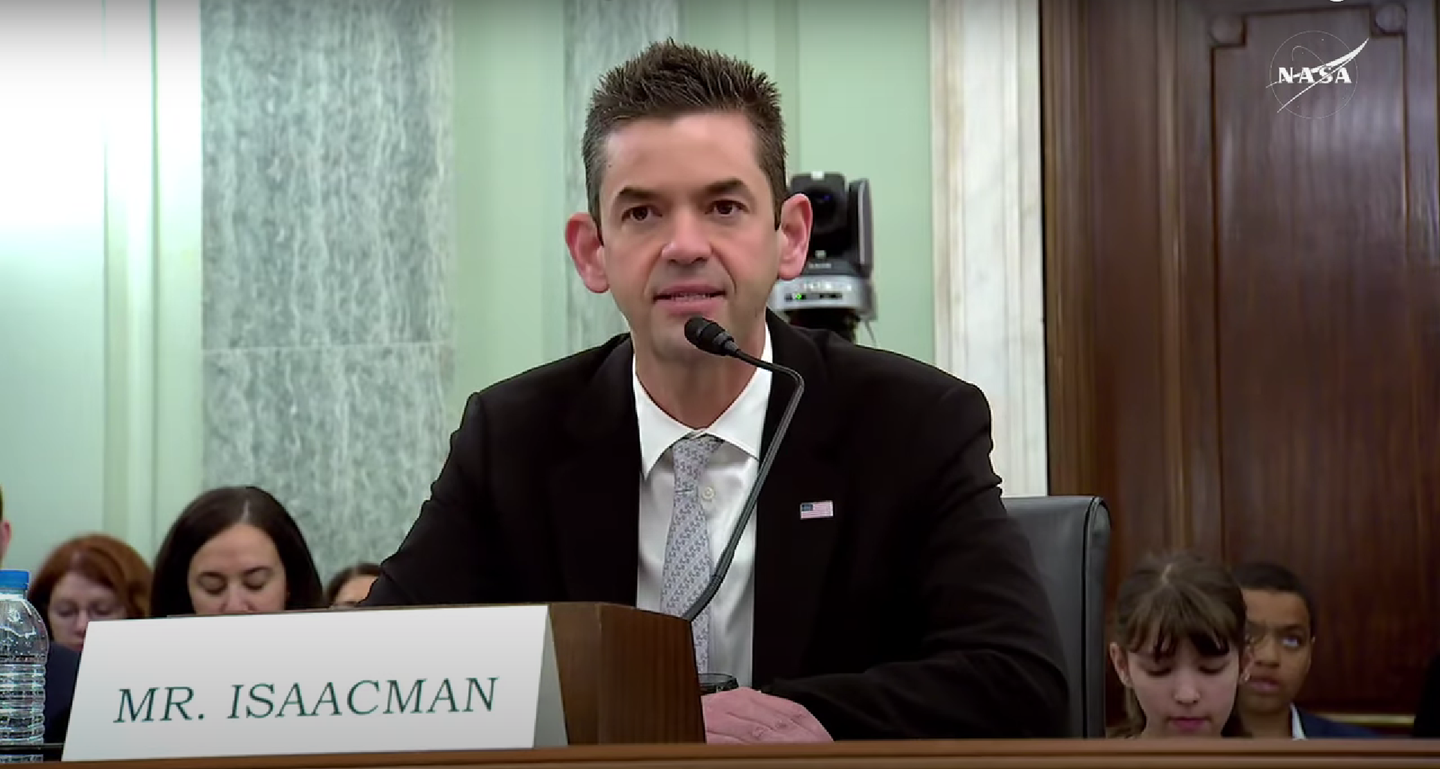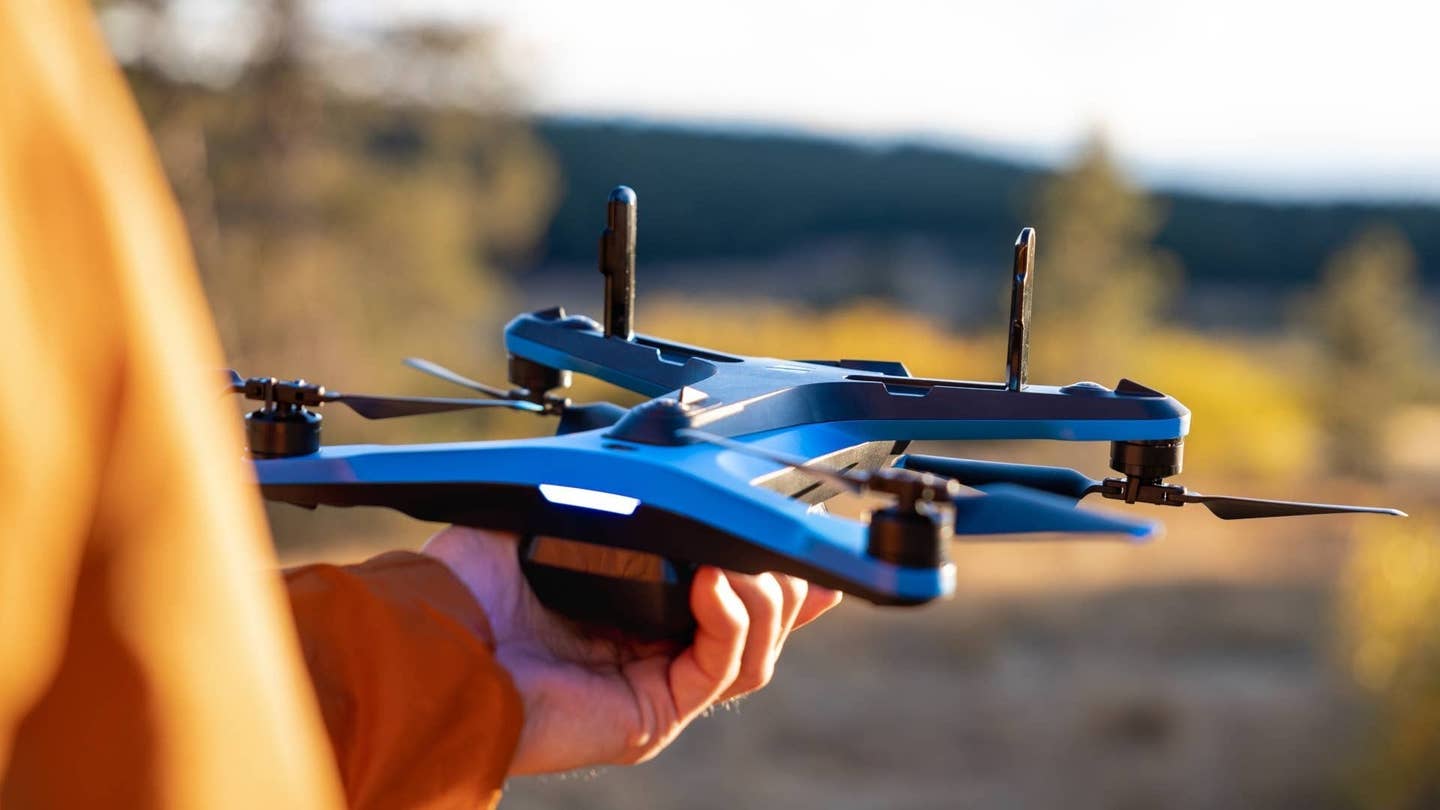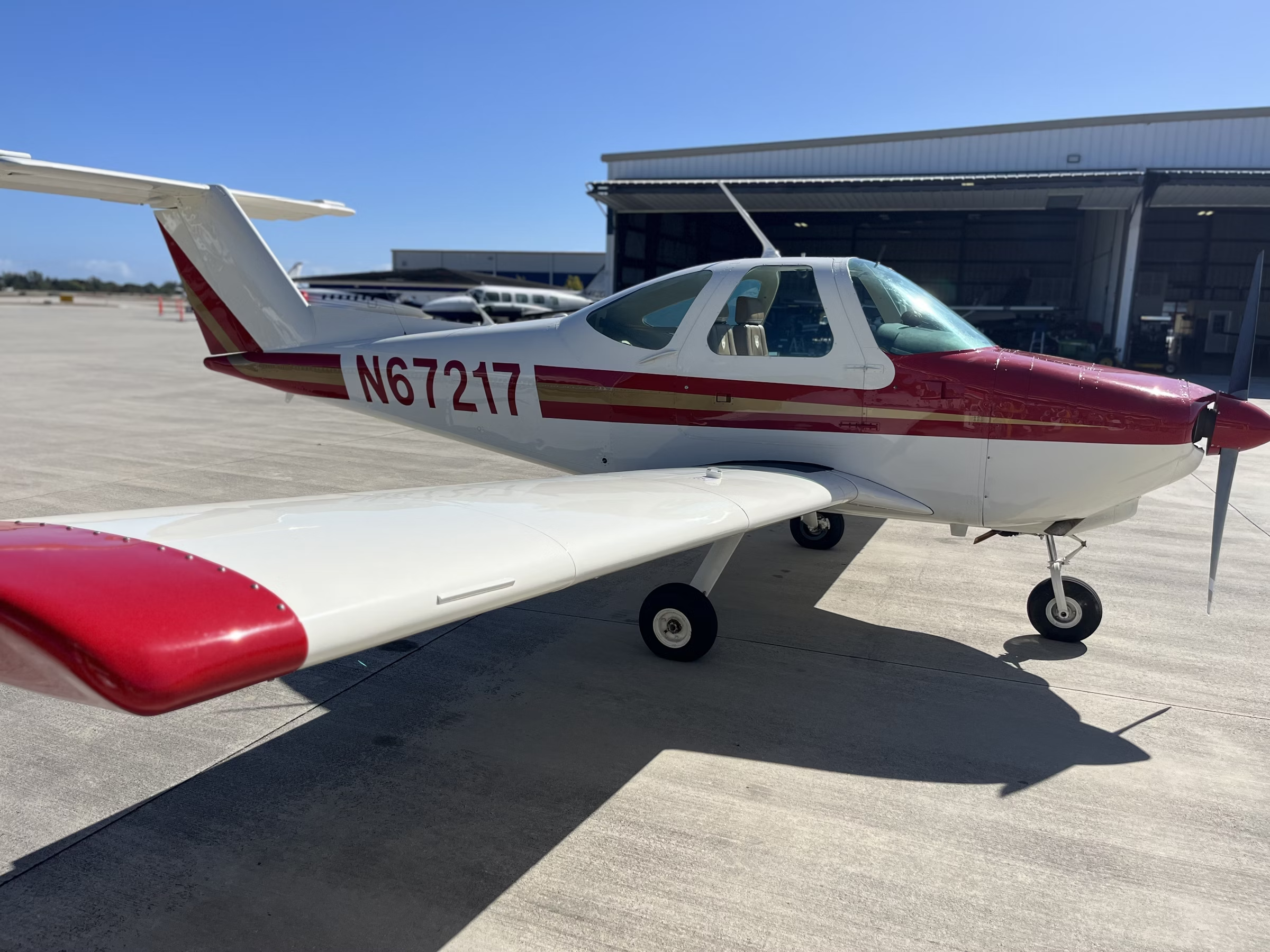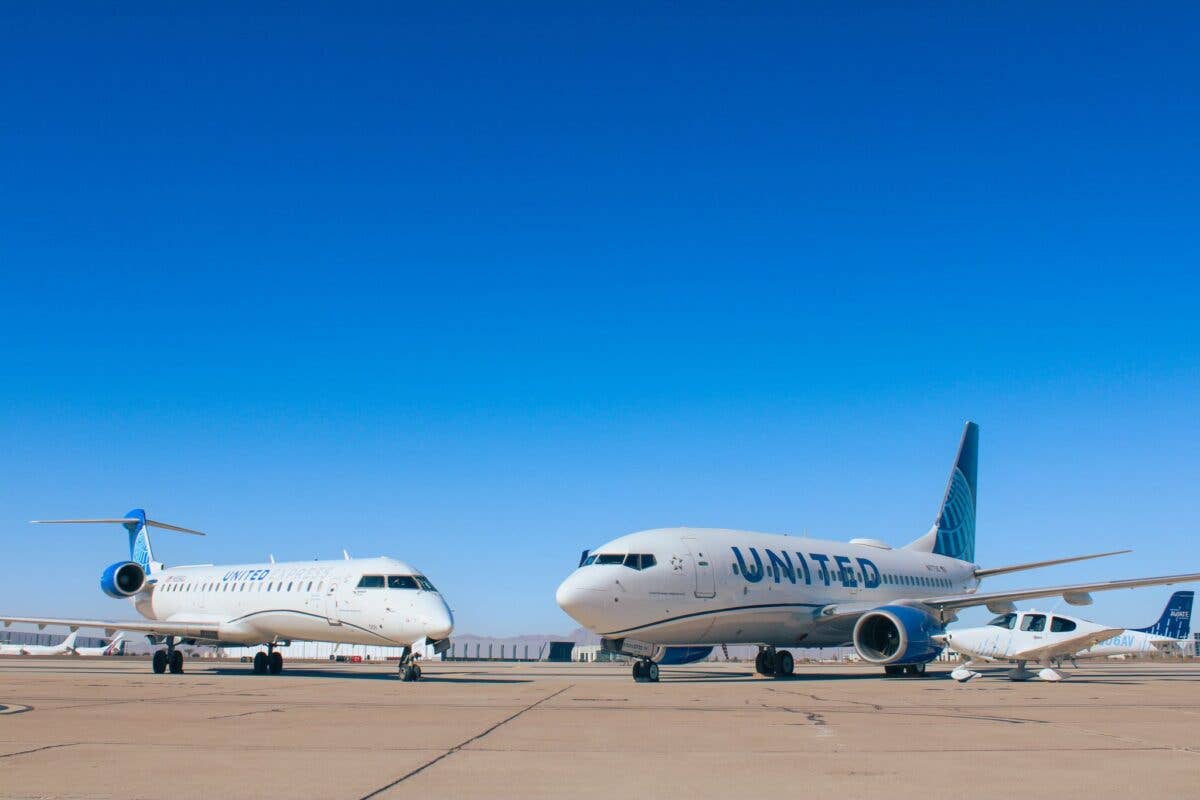Joby Aviation Reports 2023 Earnings, Achieves Key Air Taxi Certification Milestone
The company is now ramping up to for-credit FAA testing and expects to produce 12 aircraft this year, among other projections.
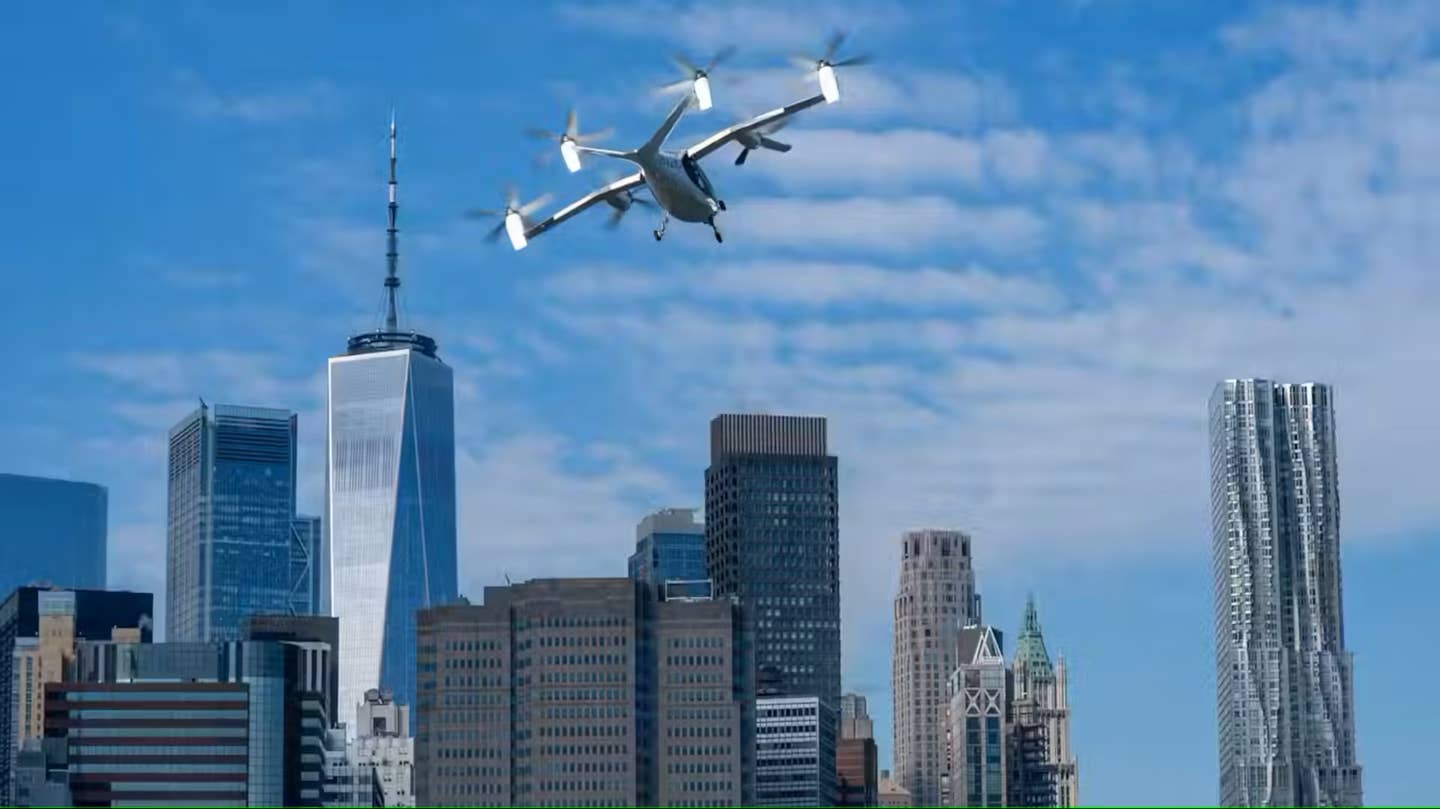
Joby in November completed the first eVTOL air taxi test flights in New York City, one of its planned U.S. launch markets. [Courtesy: Joby Aviation]
It’s full steam ahead for electric vertical takeoff and landing (eVTOL) air taxi manufacturer Joby Aviation.
The company this week reported fourth-quarter and full-year 2023 earnings, revealing that it recorded revenue for the first time and announcing plans to ramp up testing, certification, and manufacturing activities. Joby also said it became the first eVTOL manufacturer to complete the third of five stages in FAA type certification, and the firm is now turning to stage four: for-credit flight testing with the regulator.
Let’s start by breaking down that certification update.
Joby will need type certification to fly commercially in 2025, the year it predicts it will enter service. The company’s air taxi is designed for a pilot to fly up to four passengers on 100 sm (87 nm) trips at cruise speeds as fast as 200 mph (174 knots). Due to its unique design features—including electric batteries and tilting propellers—the aircraft must go through a rigorous, five-stage gauntlet before the FAA approves it to carry passengers.
Joby on Wednesday said it wrapped up the third stage in that process, claiming to be the first in the industry to achieve the milestone. Stage three covers certification plans for the aircraft’s structural, mechanical, and electrical systems, as well as Joby’s approach to cybersecurity, noise, and human factors. Each component required a separate document defining the testing and analysis used to certify it for commercial service.
“From the carbon fiber composites to the metallics, the flight electronics to the control systems, the batteries to the electric propulsion systems, and much more, we now have a well-defined path to certification,” said Didier Papadopoulos, president of aircraft OEM at Joby, on the company’s earnings call.
All certification plans—including those for approving the aircraft’s novel propulsion system—have now been reviewed and, crucially, accepted by the FAA. Joby said it can now submit detailed test plans for the fourth phase: for-credit testing and analysis of aircraft components and systems, as well as the aircraft itself, with the regulator.
If it receives a passing grade, the company will enter the final phase, in which the FAA may issue the air taxi a type certificate and operational specifications.
“With all of our aircraft certification plans accepted, we're able to map out dozens of upcoming visits with the FAA, focused on dry running our system level and aircraft level tests,” said Papadopoulos.
First Revenue and Rising Net Loss
Joby on Wednesday also reported earnings for the fourth quarter and full year 2023. Among the highlights was the company’s first reported revenue: $1 million from early flight services provided to the Department of Defense, conducted in Marina, California, using a prototype aircraft.
The manufacturer also reported $1 billion in cash and short-term investments at the end of the quarter, giving it significant liquidity heading into 2024. However, its full-year net loss of about $513 million was nearly double that of 2022.
Net cash used in operating activities and purchases of property, plant, and equipment totaled $91 million in Q4 and $344 million for the full year, below what the company expected it would spend. However, its net loss grew $48 million year over year, which the company attributed to higher operating costs and lower favorable revaluation of warrants and earnout shares.
Joby’s Q4 net loss of $115 million included operational losses of $128 million, about the same as the prior quarter, partly offset by interest, revenue, and other income of $13 million. The company attributed this to increased operating expenses due primarily to costs to support certification and manufacturing of the company’s prototype aircraft, parts, and test articles.
The manufacturer’s adjusted earnings before income, taxes, depreciation, and amortization (EBITDA) was minus-$96 million in Q4, widening $18.6 million year over year and $3.1 million quarter over quarter. That figure mainly reflects employee costs associated with development, certification, and manufacturing, Joby said.
Joby’s Big 2023
While small, Joby’s first $1 million in revenue gives it reason to celebrate. But the manufacturer spent 2023 laying the groundwork to make much more in the future.
Joby ends 2023 with plenty of momentum, having launched initial manufacturing and delivered the first of nine air taxis to Edwards Air Force Base (KEDW) in California ahead of schedule. At Edwards, NASA, U.S. Air Force, and Joby pilots are using it to conduct testing, evaluations, and training. Crewed flight tests began in October, and the company says it now has more than 100 such flights under its belt.
The “most significant commercial development of the quarter” according to Joby CEO JoeBen Bevirt, however, was Joby’s exclusive six-year agreement to operate air taxis in Dubai, United Arab Emirates. The deal shuts out competitors such as Archer Aviation and Embraer subsidiary Eve Air Mobility, who had previously announced plans to fly in the city. Joby also partnered with Skyports, which will fund, develop, and operate four initial vertiports in Dubai.
“The government of Dubai wants this service to be the first in the world, and their actions certainly reflect that ambition, with support from the very highest levels of government and a regulatory pathway that builds on FAA processes that allows for operations ahead of achieving type certification in the U.S.” said Bevirt on the company’s earnings call.
Joby also participated in the first eVTOL test flights in New York City, one of its planned initial service locations in partnership with Delta Air Lines. The company flew its air taxi out of the Downtown Manhattan Heliport (KJRB) in front of Mayor Eric Adams and other city stakeholders.
Adams also announced plans to electrify the heliport, where Archer is also planning a service that would connect it with Newark Liberty International Airport (KEWR). In addition, Joby on Wednesday said it will work with the Port Authority of New York and New Jersey and the New York City Economic Development Corporation to develop eVTOL infrastructure at John F. Kennedy International Airport (KJFK) and LaGuardia Airport (KLGA).
“This was a seminal moment for our company,” said Bevirt. “Seeing a Joby aircraft lift off from a Manhattan heliport and complete a flight against the backdrop of the New York City skyline was quite literally a dream come true for me, and it moved the needle.”
Toward the end of the year, Joby announced agreements with U.S. FBO networks such as Clay Lacy Aviation and Atlantic Aviation to expand the deployment of its global electric aviation charging system (GEACS) in New York and Los Angeles. It also partnered with Japan’s Nomura Real Estate Development to install GEACS chargers in Tokyo.
Joby positions GEACS as a competitor to the combined charging system (CCS) standard that has been endorsed by the General Aviation Manufacturers Association (GAMA) and several competitors, including Archer, Beta Technologies, Lilium, Volocopter, Overair, and Boeing’s Wisk Aero.
Both GEACS and CCS are billed as universal charging systems designed to accommodate all electric aircraft. But the industry may adopt only one proposal, making these early FBO agreements valuable.
As it works to add launch and infrastructure partners, Joby simultaneously has leveraged stakeholders such as NASA, with which it conducted groundbreaking air taxi simulations in December. The partners studied how existing air traffic control and airport procedures could accommodate eVTOL aircraft alongside conventional models.
“During the simulation, air traffic controllers were able to integrate up to 120 eVTOL operations per hour, arrivals and departures, from [Dallas/Fort Worth International] Airport's [KDFW] central terminal area,” said Papadopoulos.
The Outlook for 2024
With the third stage of Joby’s type certification process now complete, the company is gearing up for its final FAA exam. But there’s plenty more on the horizon.
“Our priority in 2024 will be progressing the certification and manufacturing of our aircraft,” the company said in a letter to shareholders. “We expect to increase our focus on commercialization as we prepare to enter commercial service in 2025.”
Joby estimated it will use between $440 million and $470 million in cash, cash equivalents, and short-term investments during 2024.
A significant portion of those funds will support the beginning of component manufacturing at the company’s scaled production plant in Dayton, Ohio, as well as the expansion of its low-volume manufacturing site in Marina. Papadopoulos said on the earnings call that the manufacturer has one aircraft in final assembly, with two more expected to roll out shortly after.
“We expect to reach a production run rate equivalent to one aircraft a month by the end of the year as we continue to ramp production in support of certification and commercialization,” said Bevirt.
Joby said the Marina expansion will more than double its footprint and support flight training, aircraft storage, and expanded manufacturing. It would also double the site’s annual production capacity, allowing the firm to manufacture 25 aircraft per year as its larger facility comes online. The Dayton site is expected to initially churn out 500 aircraft per year.
Joby also intends to extend flight demonstrations to more key markets and expand its relationship with the DOD. It plans to commit to at least two more aircraft deliveries under its current $131 million contract with the Air Force.
“Our revenue this year will be driven by on-base, government-directed flights that are part of the contract that we signed with the DOD in April of last year,” said Matt Field, chief financial officer of Joby, on the earnings call.
Joby expects revenue generation in 2024 will be “lumpy,” owing to the unpredictability of DOD test campaigns. However, the company’s focus is not on making money now, but later.
“While we aren't blind to the challenges ahead of us, we believe that we are best positioned to succeed with the strongest balance sheet, the best team in the industry, and most important, a laser focus on delivery,” said Bevirt.
Like this story? We think you'll also like the Future of FLYING newsletter sent every Thursday afternoon. Sign up now.

Sign-up for newsletters & special offers!
Get the latest FLYING stories & special offers delivered directly to your inbox

